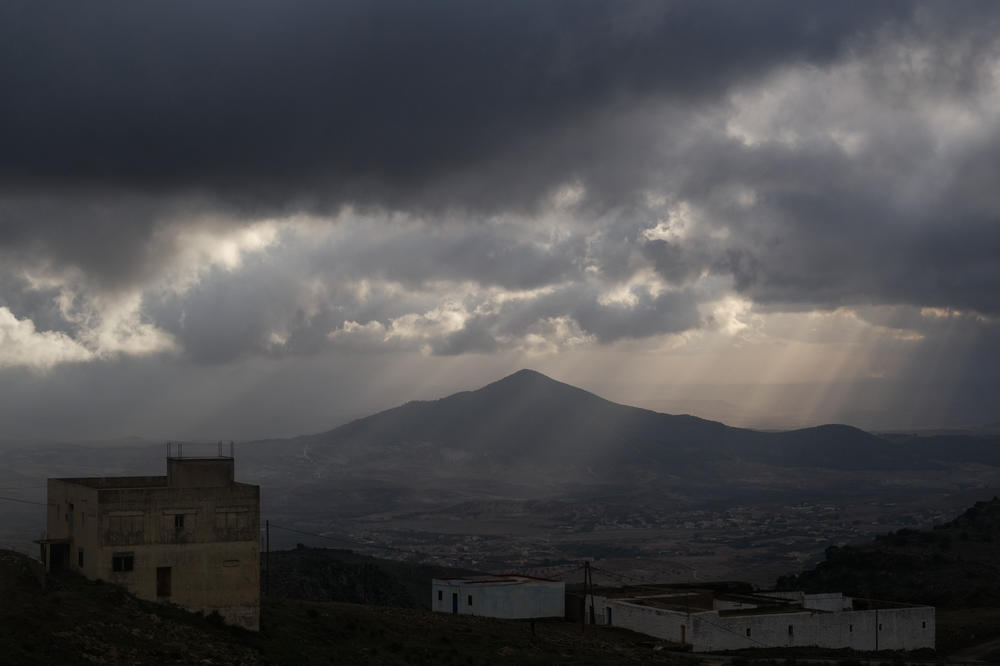Section Branding
Header Content
Officials have made Nador uninhabitable for migrants in search of a better life
Primary Content
Some people spend years trying to get to Nador, Morocco — a city in the northeast of the country, bordering the Spanish enclave city of Melilla.
It is Europe's southernmost border, and also a gateway for migrants in search of better opportunities.
Border guards line a four-tiered, 20-foot fence that stretches miles along the border. Just beyond are the hills of Nador, where the migrants live. They wait there for weeks, sometimes months, for the safest time to jump over the fence.
Officials have made the city of Nador uninhabitable for migrants, who are mostly Black. Shopkeepers have been pressured to not sell them goods, hotel owners who have succumbed to pressure from Moroccan police don't rent them rooms.
Police tactics gained renewed criticism after dozens of people were killed trying to jump the fence in June.
Migrating people and their allies describe detestable and racist treatment from Moroccan police. They also speak of their dreams of crossing the border and finding jobs to support their families.
Listen to our full report by clicking or tapping the play button above.
Copyright 2022 NPR. To see more, visit https://www.npr.org.

